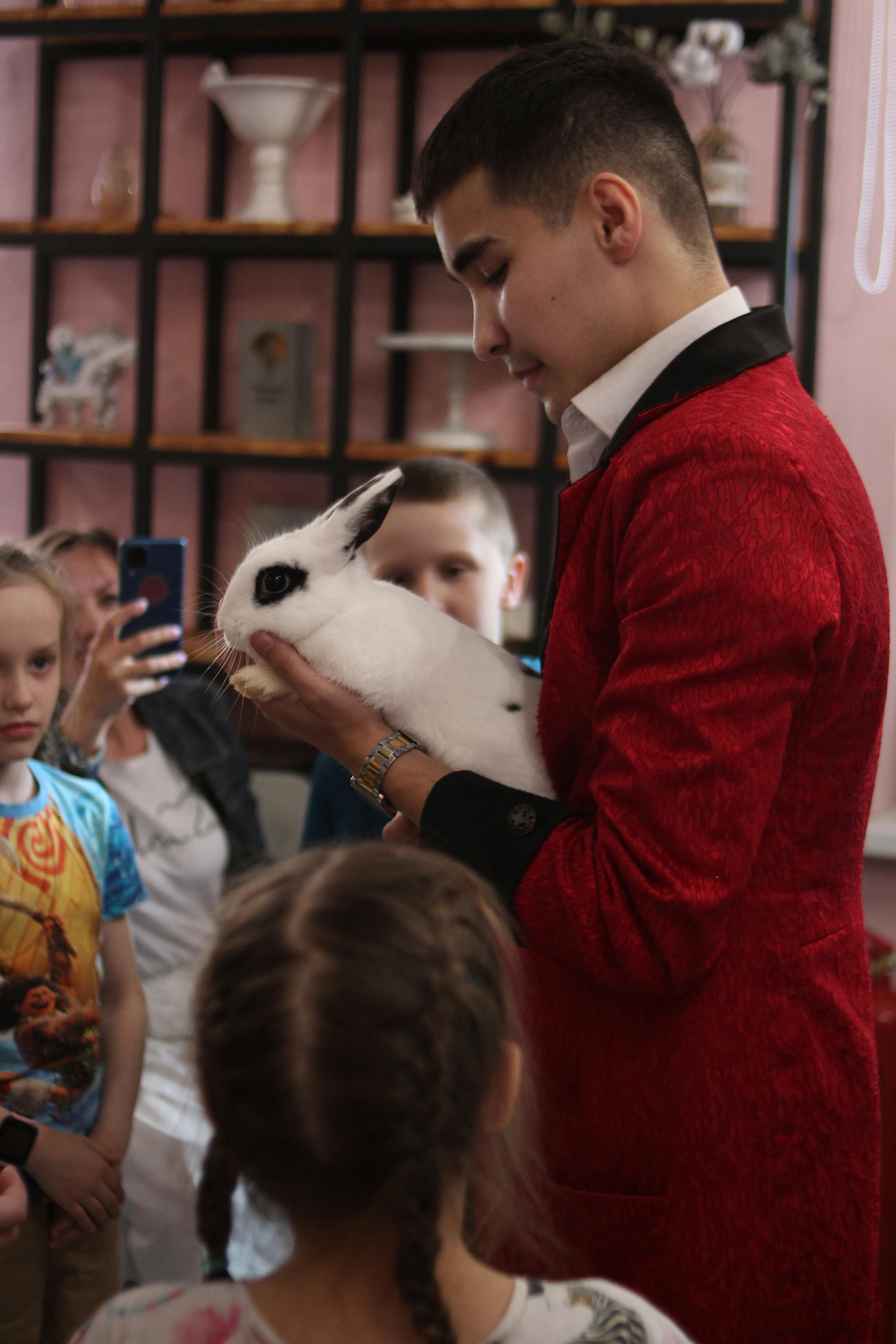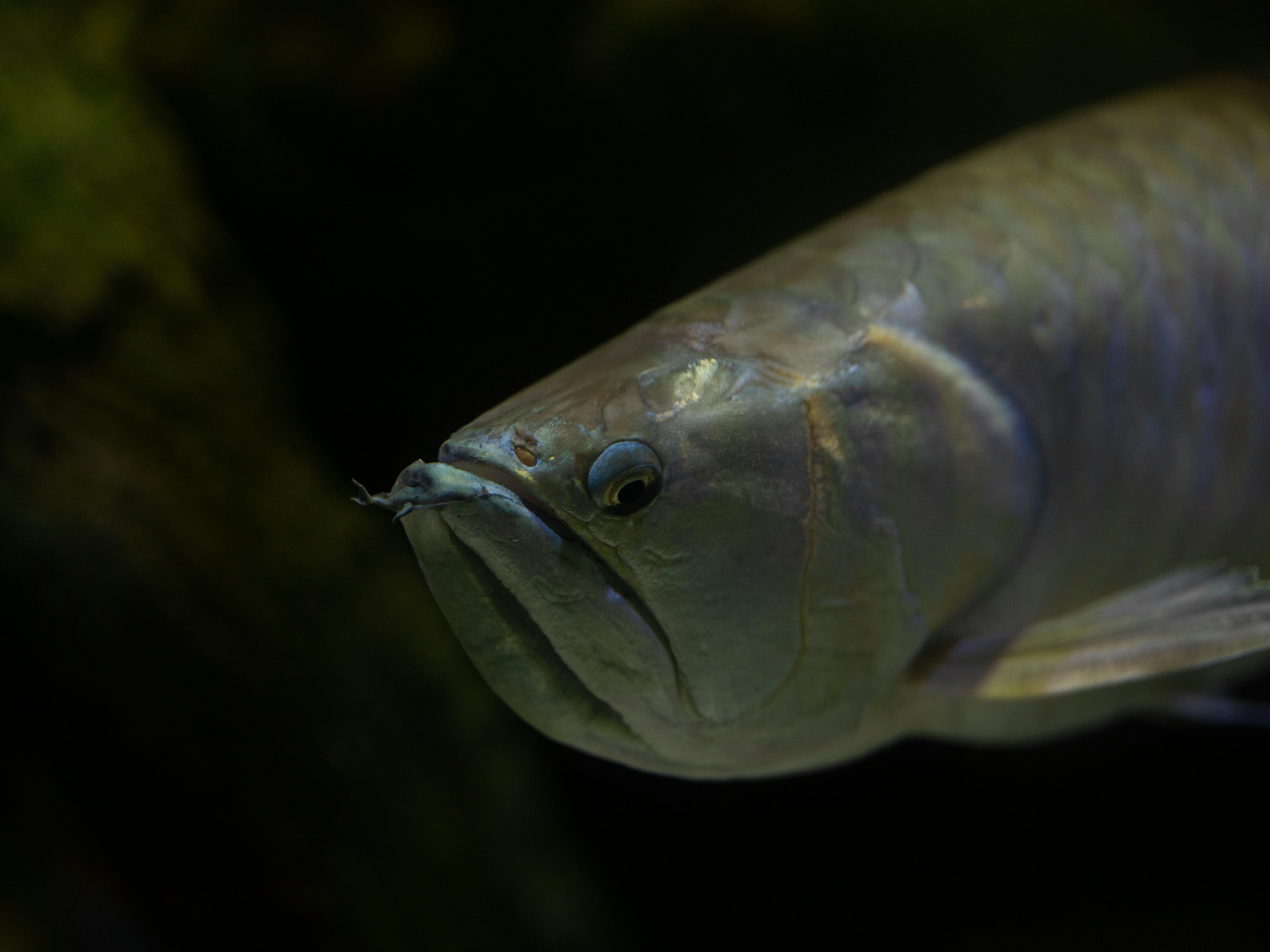Top 5 Ways to Ensure Your Russian Dwarf Hamster Thrives in 2025

How to Enhance the Lifespan of Your Russian Dwarf Hamster in 2025: Essential Care Tips
Keeping a Russian Dwarf Hamster as a pet can bring joy and companionship, but understanding how to enhance their lifespan is vital for responsible pet ownership. Russian Dwarf hamsters have an average lifespan of 2 to 3 years, but with proper care, some can even live longer. Factors such as diet, environment, and healthcare all contribute to their longevity. In this article, we'll discuss essential tips for caring for Russian Dwarf hamsters, including their nutrition, habitat, and social needs. We'll also touch on common health issues and preventive care measures. By implementing these tips, you can ensure your furry friend has a happy, healthy, and potentially longer life.

Essential Factors Influencing Russian Dwarf Hamster Lifespan
To enhance the lifespan of your Russian Dwarf hamster, understanding the key lifespan factors is critical. The longevity of these small rodents is influenced not only by genetics but also by the care they receive. Let's delve deeper into the primary aspects that contribute to their quality of life.
Lifespan and Genetics in Hamsters
The genetic background of Russian Dwarf hamsters can impact their lifespan, with certain breeds showing varying longevity. It's important to purchase hamsters from reputable breeders to ensure genetic health. Buying hamsters from pet stores may sometimes lead to health problems due to poor breeding practices, resulting in a shorter lifespan.
Nutrition for Optimal Health
Providing a balanced diet tailored for dwarf hamsters is vital for promoting longevity. Their diet should consist of high-quality hamster pellets, fresh vegetables, and occasional fruits, ensuring they receive essential nutrients. Avoid overfeeding treats high in sugar, as this can lead to obesity and related health problems, shortening their lifespan.
Environmental Enrichment and Habitat Setup
Creating an engaging environment with suitable habitat conditions is crucial for keeping your hamster happy and healthy. This includes a spacious cage, safe bedding, and enriching activities, such as tunnels and chew toys. Regularly cleaning the cage helps to minimize stress and maintain a healthy living space.
Regular Veterinary Check-Ups
Avoid common illnesses through regular veterinary check-ups. Early signs of health issues can be subtle, so monitor your hamster's behavior closely. Routine vaccinations (if advised) and health screenings are essential to prevent distress and maintain a healthy lifespan.
Managing Stress and Ensuring Comfort
Stress can adversely affect a hamster’s health and lifespan. Observe your pet for signs of stress, such as excessive grooming or changes in behavior. Ensure their habitat is free from loud noises and potential threats to create a serene environment.
Having discussed these pivotal factors influencing lifespan, let's explore how to create an optimal environment for your Russian Dwarf hamster.
Creating the Perfect Habitat for Your Russian Dwarf Hamster
Establishing a safe and comfortable habitat for your Russian Dwarf hamster is essential for their survival and well-being. A well-designed home can significantly improve their quality of life, leading to a longer lifespan. Here are the core elements you should consider in your hamster's habitat.
Cage Selection and Setup
Choosing the right cage is fundamental to your hamster's comfort. A suitable cage should be spacious (at least 24x12 inches) and equipped with vertical space for climbing. Wire cages with a solid bottom are ideal, as they provide good ventilation. Equipping the cage with hammocks, platforms, and tunnels can foster exploration and activity.
Temperature and Humidity Requirements
Hamsters thrive in a stable environment, with ideal temperatures ranging from 65°F to 75°F (18°C to 24°C). Avoid placing the cage near direct sunlight or drafty areas to protect your furry friend from temperature fluctuations, which can affect their health.
Safe and Comfortable Bedding
Use safe bedding materials, such as aspen shavings or paper-based products. Avoid cedar and pine shavings, which can be harmful to hamsters. Regular bedding changes are necessary to prevent odor and maintain hygiene, thereby contributing to overall health and lifespan.
Enrichment Activities for Hamsters
Keeping your hamster mentally and physically stimulated has a direct impact on their well-being. Engage them with a hamster wheel, toys, and tunnels to satisfy their need for exercise and exploration. Incorporating various activities can reduce boredom, stress, and behavioral issues, which can ultimately enhance their lifespan.
Creating a Safe Play Area
Set aside a safe area for playtime outside their cage. Supervised interaction expands their social behavior and encourages exercise. However, ensure the space is free of hazards and that you always monitor your hamster to prevent accidents.
After establishing a nourishing environment, let’s look into the feeding habits crucial for the well-being of your Russian Dwarf hamster.
Proper Diet for Russian Dwarf Hamsters
Feeding your Russian Dwarf hamster a balanced diet tailored to their specific needs is vital for longevity. A proper diet can prevent health issues and promote a longer, healthier life. Let’s explore the dietary components essential for your little pet.
Dietary Essentials for Hamsters
A primary component of a Russian Dwarf hamster's diet should be high-quality commercial hamster pellets, which provide balanced nutrition. Additionally, supplement their diet with fresh vegetables, like carrots and leafy greens, as well as occasional fruits for variety. Avoid sugary and fatty treats that can lead to obesity and diabetes.
Understanding Hamster Nutritional Needs
Establishing a feeding schedule is essential to maintain your hamster's health. Small portions should be provided to meet their daily nutritional needs without overfeeding. Fresh water must always be available, as hydration is crucial for overall health and extended lifespan.
Observing Eating Habits
Poor eating habits or sudden changes in appetite may indicate health issues. Regularly monitor your hamster's eating behaviors, ensuring they are consuming the right quantities. Be attentive to symptoms of problems like diarrhea or weight loss, as these can be early signs of underlying conditions.
Supplements for Enhanced Health
Sometimes, additional dietary supplements may be necessary to support health. Consult with your veterinarian about the appropriate supplements for your hamster's age, health status, and specific needs to ensure they receive optimal nutrition without excessive use of additives.
Recognizing Signs of Dietary Issues
Common dietary problems to watch for include obesity, dental issues, and digestive disturbances. Being proactive about their diet can prevent serious health issues that lead to a decreased lifespan. If you notice any anomalies in eating habits, consult your veterinarian for tailored advice.
Now that we've covered diet, the next crucial aspect to explore is the common health issues in Russian Dwarf hamsters and how to prevent them.
Common Health Issues in Russian Dwarf Hamsters
Being aware of the health problems that can affect Russian Dwarf hamsters is critical to ensuring their longevity. Addressing these issues promptly can prevent complications and promote a longer lifespan. Here's what you need to watch out for regarding your pet's health.
Identifying Early Signs of Health Issues
Prompt recognition of health issues is crucial. Look for changes in behavior, such as reduced activity or excessive grooming, which may indicate underlying health problems. Additionally, monitor for respiratory issues or unusual discharge from the eyes or nose, as these can signal illness.
Common Diseases and Conditions
Some prevalent health issues include diabetes, respiratory infections, and skin problems. Regular check-ups with a veterinarian can help catch these diseases early, providing timely treatment that can significantly improve your hamster's quality of life and longevity.
Importance of Preventive Care
Preventive care plays an essential role in keeping your hamster healthy. This includes vaccinations, regular health assessments, and appropriate cleaning of their habitat to minimize germs and bacteria. Establishing a routine healthcare schedule is vital for your hamster’s well-being.
Caring for Aging Hamsters
As hamsters age, they may experience declining health and altered behavior. Adjust their diet and habitat according to their changing needs. Providing a comfortable space and monitoring their mobility can help them thrive during their later life stages.
Grooming and Hygiene Practices
Maintaining proper grooming and hygiene is essential to preventing health issues. Regularly check your hamster for any signs of distress or health problems, such as matted fur or dirty paws. Implement gentle grooming practices to help them stay clean and healthy.
Having established a comprehensive understanding of health issues in Russian Dwarf hamsters, let’s dive into the importance of regular care and grooming.
The Importance of Regular Care for Your Hamster
Adopting a regimen of regular care for your Russian Dwarf hamster is essential for their health and longevity. Consistent attention offers your pet comfort and aids in recognizing potential health issues early.
The Routine of Daily Care
Engaging in daily care routines, like cleaning the habitat and checking food and water supplies, creates a stable environment. Regularly interacting with your hamster fosters a trusting bond, essential for their emotional well-being and stress management.
Training and Socialization Techniques
Socializing your hamster is critical for their development and behavior. Frequent handling helps them become accustomed to human interaction, reducing stress and anxiety. Gradually introduce your hamster to new companions for social enrichment, ensuring positive experiences.
Monitoring Hamster Health Regularly
Keep a close watch on your hamster's health by regularly monitoring behavior and physical signs. Weight checks, activity levels, and food consumption can indicate any underlying issues, providing insights into your pet's health status.
Behavioral Indicators of Health
Your hamster's behavioral changes can provide significant clues about their health. Note any alterations in their eating habits, energy levels, or interactions, as these may signal health concerns that need immediate attention.
Creating a Solid Veterinary Relationship
Building a relationship with a veterinarian familiar with hamsters ensures access to professional advice and care when needed. Regular check-ups and expert consultations are crucial in maintaining your pet’s health and enhancing their lifespan.
As we move into the final section, it’s crucial to address common questions regarding Russian Dwarf hamsters to further enhance your knowledge and care skills.
Q&A on Russian Dwarf Hamster Care
How can I improve my hamster's lifespan?
To enhance your hamster's lifespan, focus on providing a balanced diet, a clean and engaging habitat, regular veterinary care, and monitoring for early signs of health issues. All these practices contribute greatly to their overall well-being.
Do Russian Dwarf hamsters need companions?
Though they are social animals, not all dwarf hamsters require companions. Some may thrive alone, while others benefit from social interaction. It’s essential to observe their behavior to determine the best social setup for your pet.
What are the signs of aging in hamsters?
Signs of aging in Russian Dwarf hamsters include decreased activity, changes in coat quality, dental issues, and altered social behavior. Recognizing these signs can help you adjust their care for improved comfort and quality of life.
Are there specific diseases I should be aware of?
Common health issues for Russian Dwarf hamsters include diabetes, wet tail, and respiratory infections. Regular veterinary visits help in identifying and treating these conditions early.
How often should I clean my hamster's cage?
It is wise to clean your hamster's cage at least once a week but perform spot-cleaning daily to maintain hygiene. A clean habitat is fundamental for your hamster’s health and extends their lifespan.

In conclusion, enhancing the lifespan of your Russian Dwarf hamster involves a combination of proper care, nutrition, and vigilant health monitoring. By understanding factors affecting their longevity and implementing best practices in their care routine, you can ensure your pet lives a happy, healthy life. For more insights into hamster care, visit this page for a comprehensive guide.
Additionally, learn more about specific hamster-related topics by checking this link.